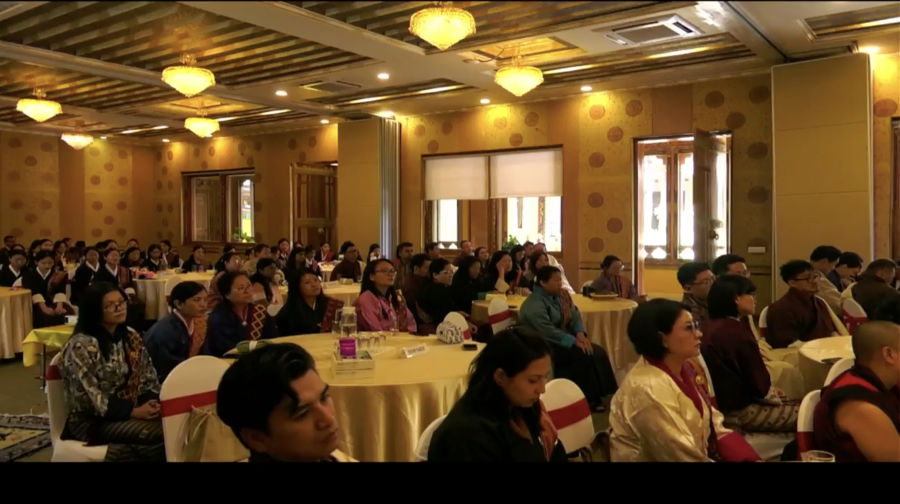 Hospice and palliative care, dedicated to ensuring terminally ill patients spend their final days in comfort and dignity, stands at the forefront of compassionate healthcare. Today, the Khesar Gyalpo University of Medical Sciences of Bhutan and the National Referral Hospital, in collaboration with the Asia Pacific Hospice Palliative Care Network, marked World Hospice and Palliative Care Day in the capital. The palliative care team at the hospital is currently supporting over 160 patients, providing critical care and comfort to those in need.
Hospice and palliative care, dedicated to ensuring terminally ill patients spend their final days in comfort and dignity, stands at the forefront of compassionate healthcare. Today, the Khesar Gyalpo University of Medical Sciences of Bhutan and the National Referral Hospital, in collaboration with the Asia Pacific Hospice Palliative Care Network, marked World Hospice and Palliative Care Day in the capital. The palliative care team at the hospital is currently supporting over 160 patients, providing critical care and comfort to those in need.
Karma Lhatu’s late mother was diagnosed with a severe form of blood cancer. When doctors said there was no cure, the family hoped her remaining days could be peaceful.
He said palliative care made her final days more comfortable, easing her pain while she was bedridden and in pain.
“It is completely a different approach, transiting from cure to caring. So, then I think this was something very difficult that we faced. But nonetheless, it has helped us a lot. Had it not been for the palliative care guidance, we would have gone into invasive care by giving medications which eventually or other way, would have been a very painful process for the patients.”
Since its initiation in 2018, hospice and palliative care in the country has brought comfort to over 900 patients.
The Asia Pacific Hospice Palliative Care Network, a regional organisation, has supported Bhutan by training health officials in basic palliative care since the programme began.
In Bhutan, palliative care even extends to patients’ homes, taking care of not just the body but also the mind and spirit.
According to the Atlas of Palliative Care in the Asia Pacific Region, palliative care in Bhutan is still in its early stages, with more work needed to expand coverage and raise community awareness.
“At this point, there is a slight gap at the end to make sure that patients can receive medications and care while they are at home. So, this can be done better so that patients can choose where they want to be in the last days of their lives,” said Dr Shirlynn Ho, Head/Senior Consultant, National Cancer Centre, Singapore.
“I think if every healthcare professional is equipped with the basic palliative care skills, then we would be able to cater to our patients in their comfort zone, in their own home, in their own village,” said Dr Kinley Bhuti, Palliative Care Physician, JDWNRH.
The health ministry initiated palliative care services in ten districts, namely Chhukha, Paro, Monggar, Samdrup Jongkhar, Samtse, Sarpang, Thimphu, Trashigang, Wangdue Phodrang and Zhemgang. This was conducted during the previous financial year with the support of the World Health Organisation.
Palliative care services have also been expanded to regional hospitals and Phuentsholing Hospital.
Despite these challenges, Bhutan continues to train health professionals to gradually expand palliative care coverage.
Singye Dema
Edited by Sonam Pem









